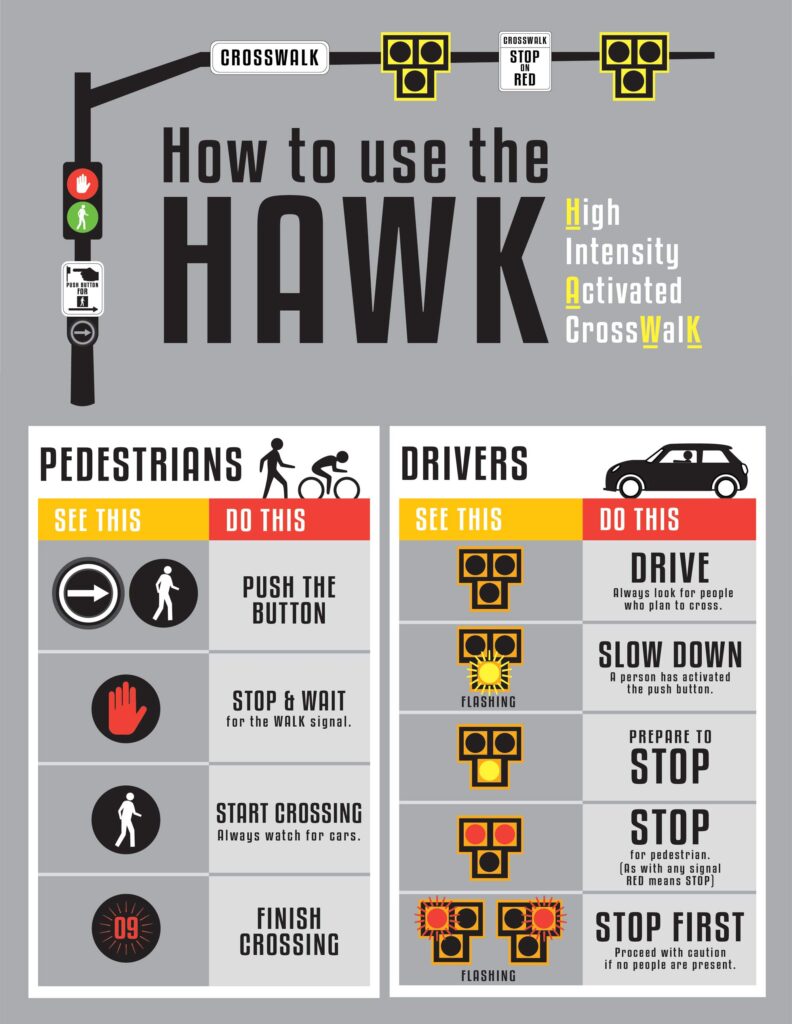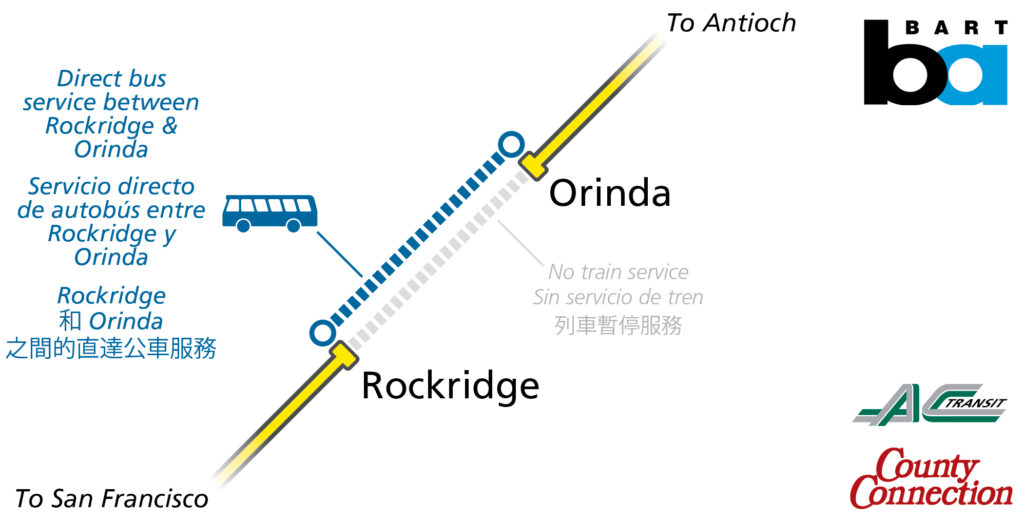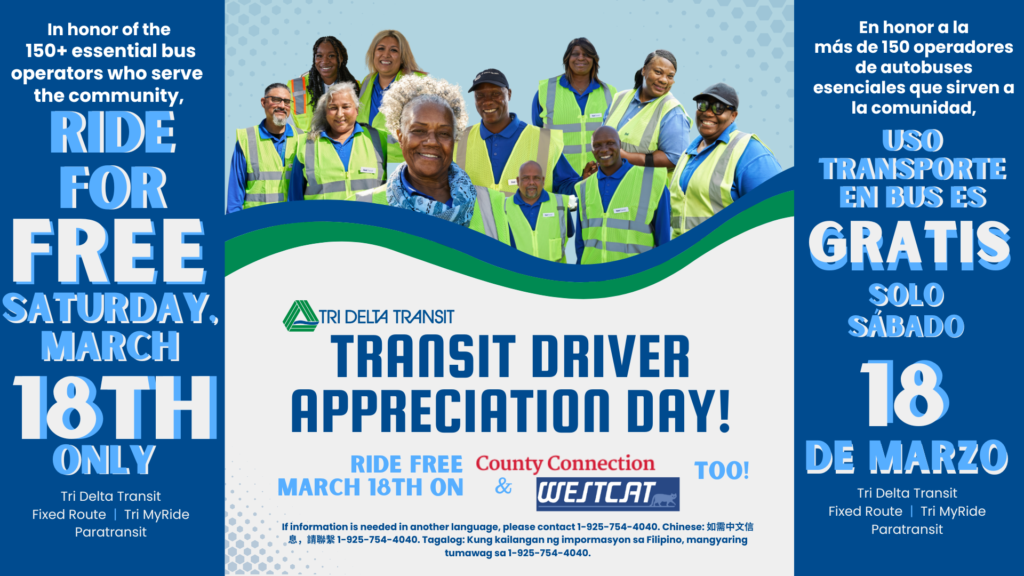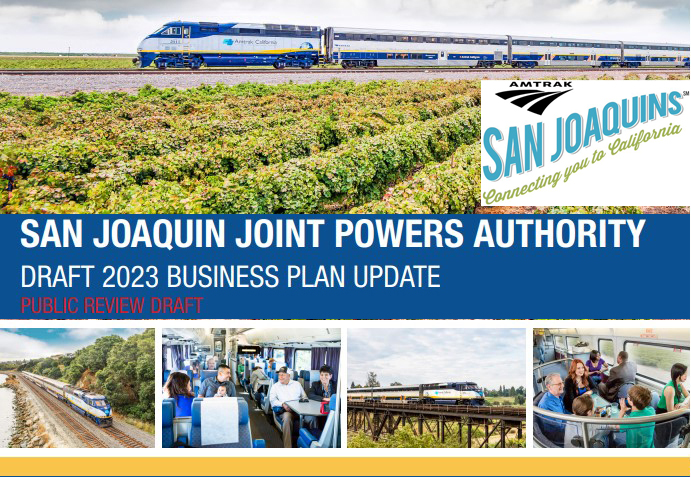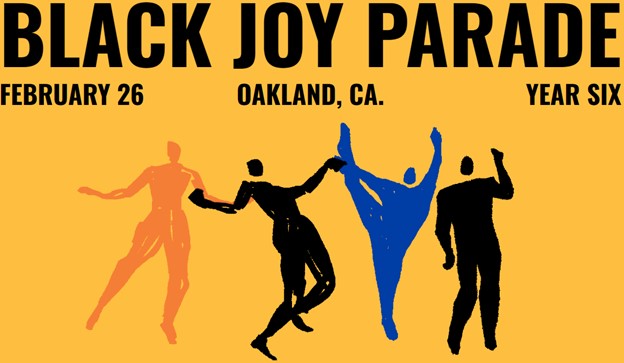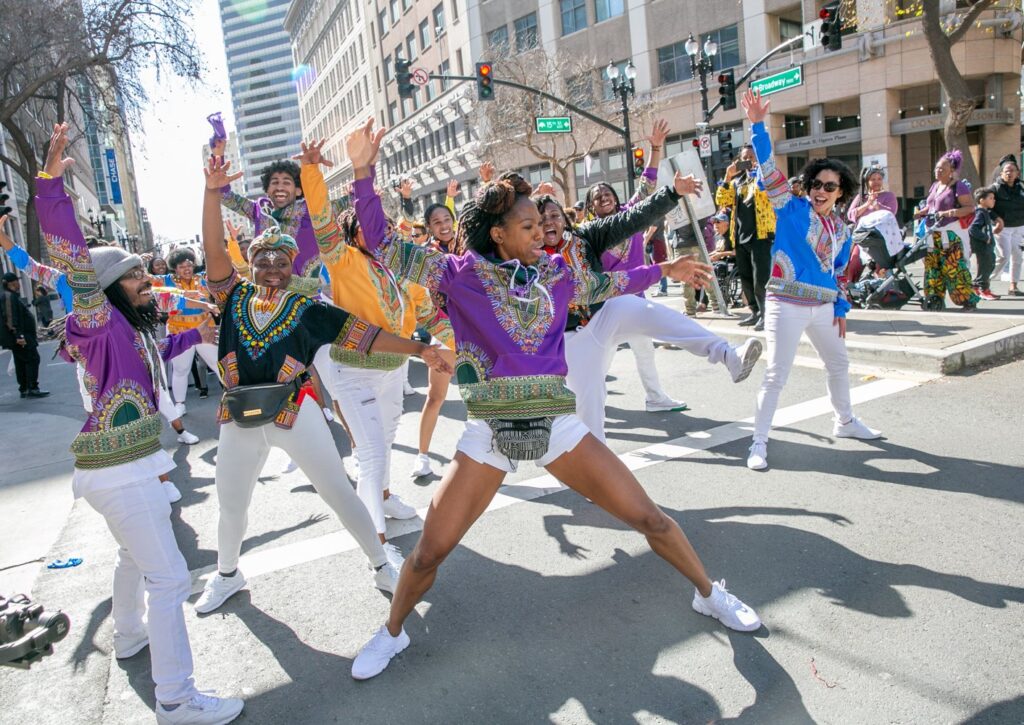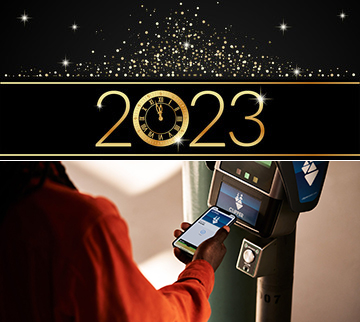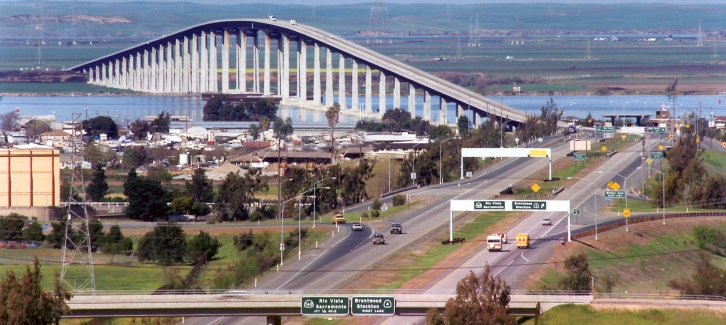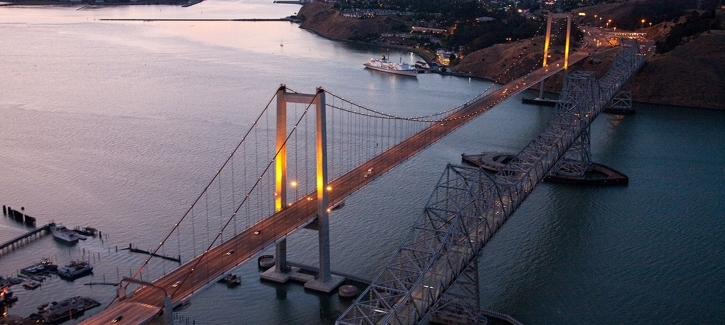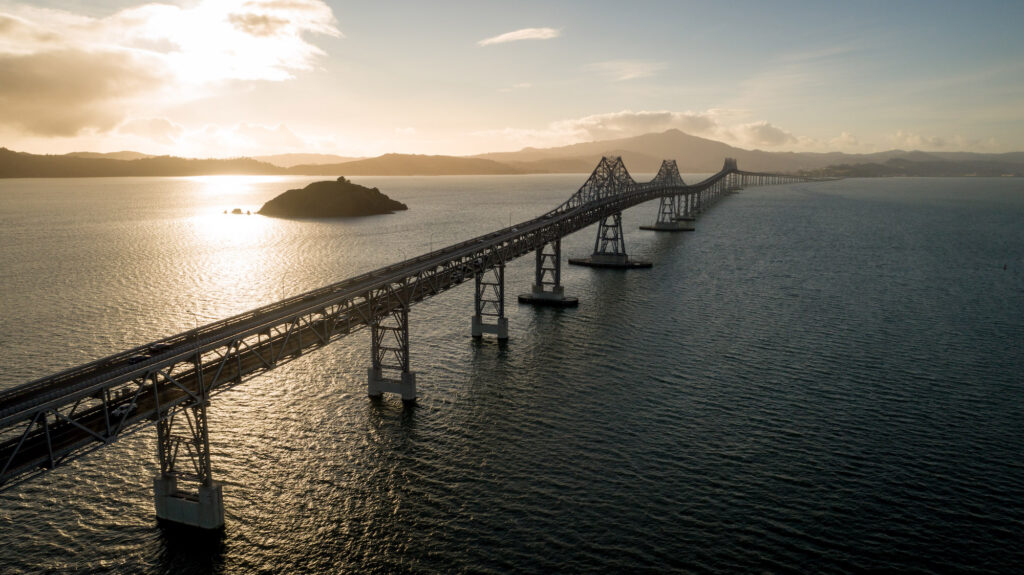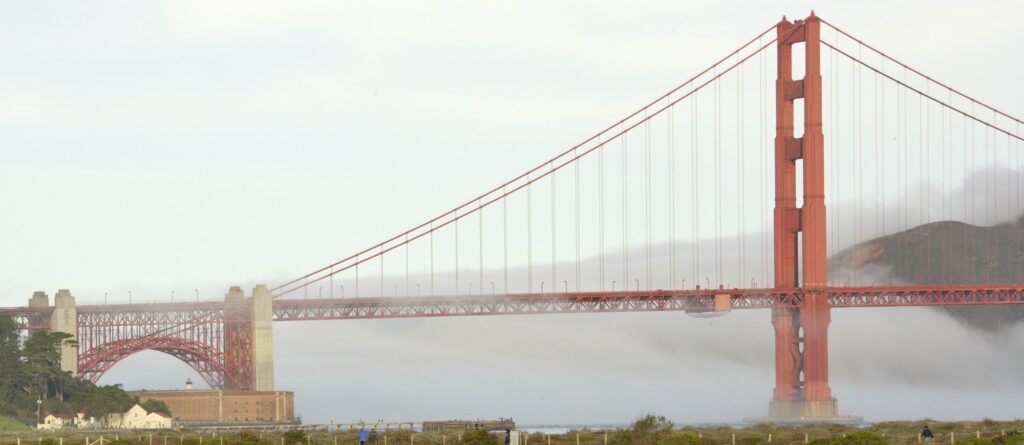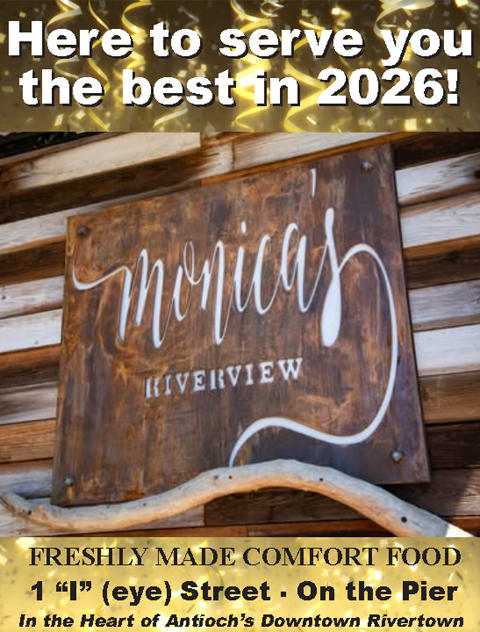Highway 4 lanes in Brentwood to be closed for completion of trail overcrossing March 24-29
Thursday, March 23rd, 2023One-direction at a time, late night, early morning except Saturday night
Caltrans is scheduled to install the Mokelumne Trail Bicycle and Pedestrian Overcrossing span over State Route 4 (“SR4”) in Brentwood beginning Friday night, March 24 through early Wednesday morning, March 29, 2023. Expect State Route 4 closures between Sand Creek Road and Lone Tree Way.
Weather permitting, Caltrans will be closing the highway one-direction at a time as described below:
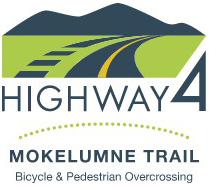 March 24th: Eastbound SR4 closure from midnight Friday until 6:00 a.m. Saturday.
March 24th: Eastbound SR4 closure from midnight Friday until 6:00 a.m. Saturday.
March 25th: No closure on Saturday night.
March 26th: Westbound SR4 closure on Sunday from 1:00 a.m. to 7:00 a.m.
March 26th-27th: Westbound SR4 closure on Sunday from 11:00 p.m. until 4:00 a.m. Monday.
March 27th: Eastbound SR4 closure on Monday from 11:00 p.m. until 4:00 a.m. Tuesday.
March 28th: Eastbound or westbound SR4 closure on Tuesday from 11:00 p.m. until 4:00 a.m. Wednesday, if needed to complete any remaining work.
Detour Route:
Westbound traffic will exit Sand Creek Road and proceed eastbound on Sand Creek Road to Shady Willow Lane, proceed northbound on Shady Willow Lane to Lone Tree Way, and proceed westbound on Lone Tree Way to the westbound SR4 on-ramp.
Eastbound traffic will exit Lone Tree Way, proceed eastbound on Lone Tree Way to Shady Willow Lane, proceed southbound on Shady Willow Lane to Sand Creek Road, and proceed westbound on Sand Creek Road to the eastbound SR4 on-ramp.
Funding for the $13 million project is provided through Measure J taxpayer dollars from the county’s half-cent sales tax for transportation, the State Route 4 Bypass Authority, and bridge toll funds. The overcrossing is expected to be completed early this year.
For updates and detailed information, please visit https://brentwood.info/SR4_Closure. To learn more about the project visit Mokelumne Trail Bicycle/Pedestrian Overcrossing.
Allen D. Payton contributed to this report.











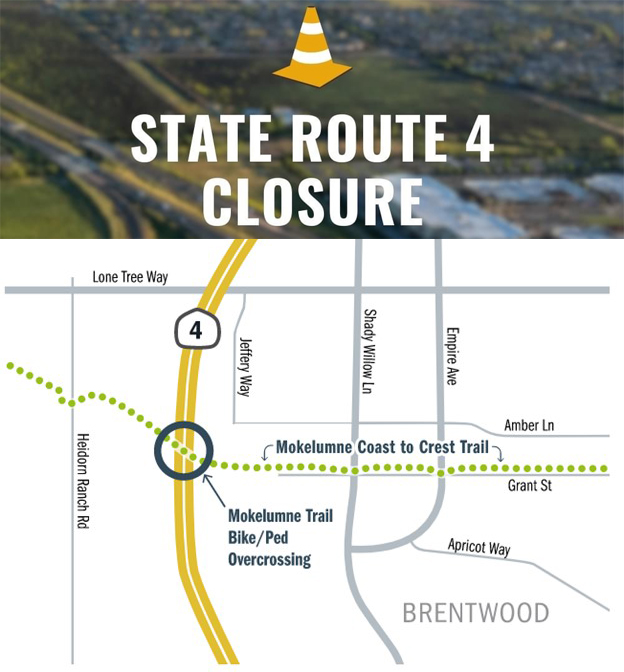
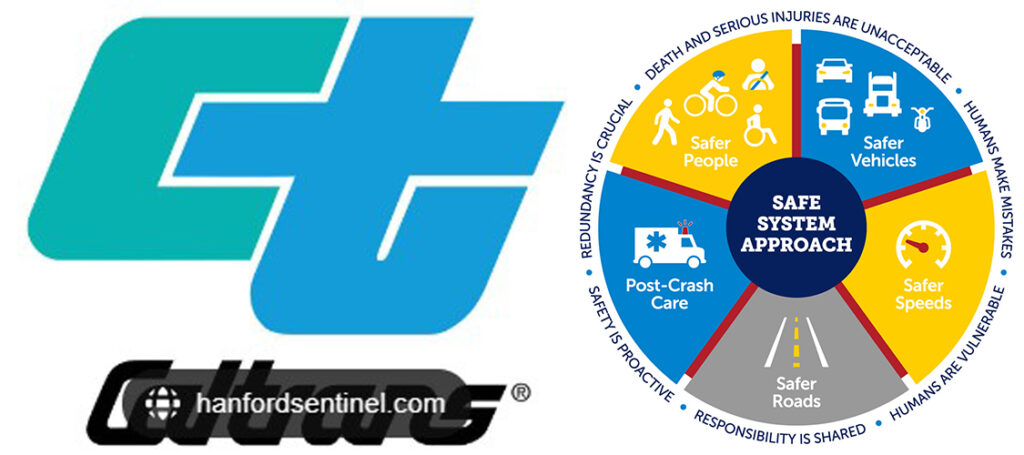
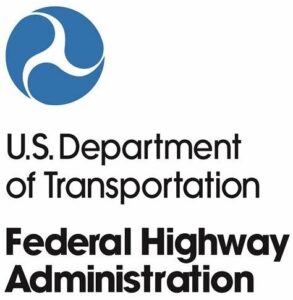 Caltran announced Thursday, March 9, 2023, that it is awarding more than $225.6 million for local projects with $19 million in Contra Costa County designed to reduce traffic deaths and serious injuries on city and county roads. Funding is provided through the
Caltran announced Thursday, March 9, 2023, that it is awarding more than $225.6 million for local projects with $19 million in Contra Costa County designed to reduce traffic deaths and serious injuries on city and county roads. Funding is provided through the 